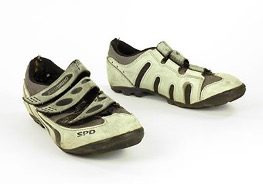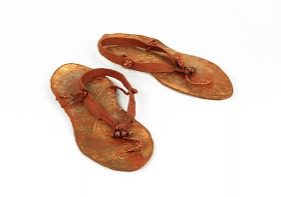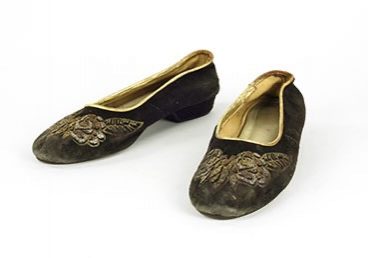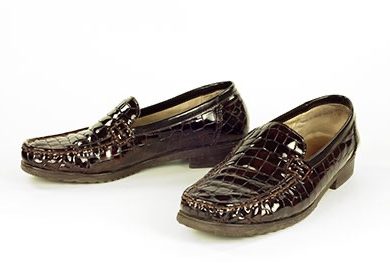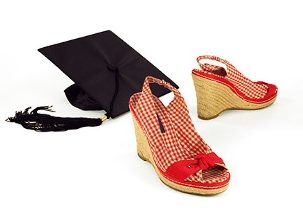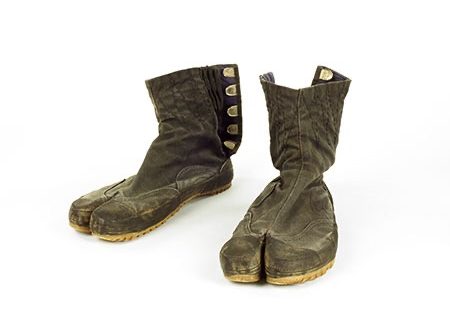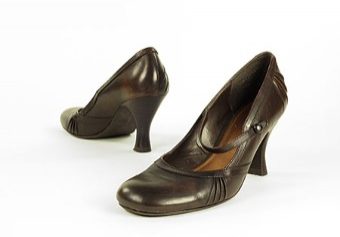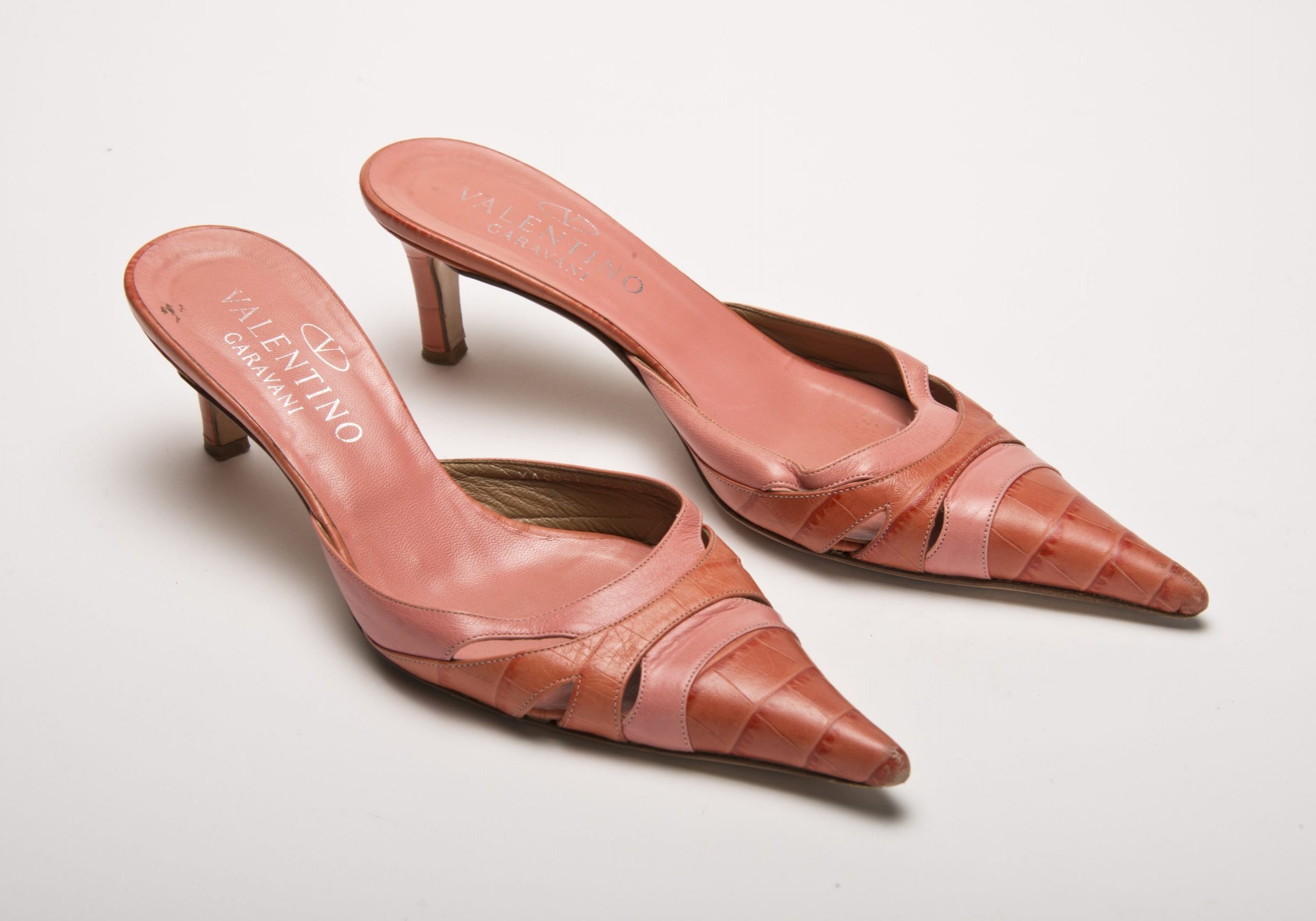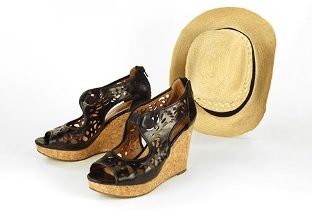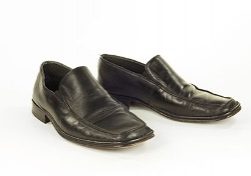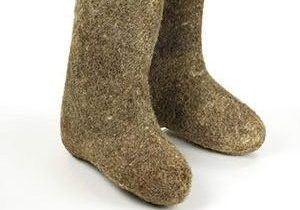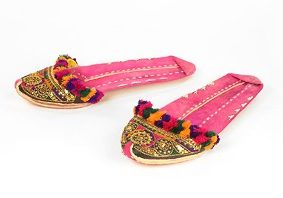Something Old
Alice Gorzhaltsan
Summary:
There are no pictures of my mother’s wedding. There is also no dress, no veil, no cards or gifts from friends. If it weren’t for the shoes, it would be as if the wedding never happened. Neatly packed between delicate layers of tissue paper, they made the move from Russia to Israel. But they did not fit into our bags on the next leg of the journey. Immigrations are new beginnings, and new beginnings mean leaving your old things behind. Even the important things, even the things you know you’ll miss.
Story:
Sometimes, growing up in Israel, I would climb a chair and take the box with the wedding shoes down from the closet. I would carry it to my room, quietly, on my tip-toes, like a big secret. In the hazy mid-afternoon, with light streaming through the blinds, I would peel back the tissue paper and lift out the shoes.
They were made of the softest leather. The kind that seemed almost like velvet, supple and warm to the touch. I imagined my mother’s feet in them, walking down an imaginary aisle in a far-off place I no longer remembered, the heels clicking rhythmically, skipping a step here and there. Sometimes, I would put them on and walk the length of my room. Careful not to break a heel, I would slowly place my feet, one in front of the other—a skinny, knobby-kneed bride in purple polka dot shorts and yellow slouch socks. I was sure the shoes would be mine one day; I would wear them to my wedding. By then, my legs would be less skinny, my knees less knobby, my hair long and smooth, and I’d have no dirt under my fingernails. I could see it when I closed my eyes.
But when our family moved to Canada, the shoes stayed behind. It was another new beginning, another fresh start. The 20-kilogram weight limit on our luggage meant we packed only the essentials: one pair of shoes for each of us, enough clothes to rotate for a week, one photo album, hats, mittens, scarves. No wedding shoes. I felt a crushing sense of loss. In the years that followed, I thought of the shoes sometimes. In my mind, they were a symbol of all those other things we had left behind: the rare books, the beautiful china, the toys, the clothes, the knick-knacks, the teary-eyed aunts, uncles and grandparents. I was sure that now I would never get married. My knees would forever stay knobby.
This summer, sitting on an overstuffed couch at the Old Mill Inn in Toronto, I put on my wedding shoes. They were nothing like my mother’s wedding shoes. They were navy blue satin, with a cluster of rhinestones just above a flirty, peep-toe opening. The heel was much higher, and the box smelt of nothing but cardboard.
When I was fully dressed, the eager photographer snapping pictures, my best friend assessed the final product.
“Something old,” she said. “You’re missing something old.”
It was true. I had nothing old. I had covered all the other bases: something new, something borrowed, something blue. But the oldest item owned by my family was a pair of mittens from hardly ten years ago. It was a small omission, I figured.
I walked down the aisle in those navy-blue shoes and danced the night away. My knees were no longer knobby. My hair was smooth, and there was no dirt under my fingernails. The shoes I wore were my own.
Weddings, like immigrations, are new beginnings. And this was mine.
ALICE GORZHALTSAN was born in Russia and immigrated to Canada with her family in 1998. She holds a degree in English Literature from York University, where she studied creative writing and modern Canadian poetry and served as a submissions editor for York’s Existere magazine. Alice was the 2010 winner of the Judith Eve Gewurtz Memorial Poetry Award and has had her short stories published in Exodus magazine. She is currently working on her first poetry collection.
